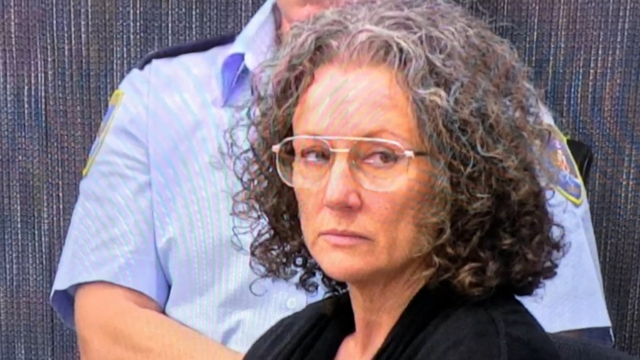
The second Judicial Inquiry into the conviction of Hunter woman Kathleen Folbigg for the killing of her four children resumes today following a three month adjournment to allow the former NSW Chief Justice and expert witnesses time to understand new genetic evidence.
The inquiry was sparked after 100 scientists signed a petition in 2021 asking that Folbigg be granted a pardon based on new evidence that could prove her children died of a genetic mutation and not at her hand.
The Singleton mother was handed a 40-year gaol sentence in 2003 after she was found guilty of murdering three of her children Patrick, Sarah and Laura, and the manslaughter of a fourth child Caleb.
The now 55-year-old has always maintained her innocence – in 2005 the court reduced her sentence to 30 years and in 2018 the first Judicial Inquiry into her convictions concluded there was no “reasonable doubt as to the guilt” of Folbigg.
In May last year, NSW Attorney General Mark Speakman announced the second Judicial Inquiry being conducted by The Honourable Thomas Frederick Bathurst AC KC.
The former NSW Chief Justice Bathurst is being asked to form his own view on whether there is any reasonable doubt about Folbigg’s guilt.
Professors Mette Nyegaard and Michael Toft Overgaard are among the authors of the scientific article that partially led to the Inquiry and traveled from Denmark to Sydney to address the Inquiry in November.
They told the Inquiry it is “likely” the mutation caused the death of Folbigg’s two daughters as they believe the “bad variant” was in their genetic makeup. It was only found years after their deaths.
The same rare gene was however not found in the genetic makeup of Folbigg’s two sons.
The Inquiry will continue over the next three weeks where diaries and journals seized by police will be re-examined – they played a key factor in her original conviction.

